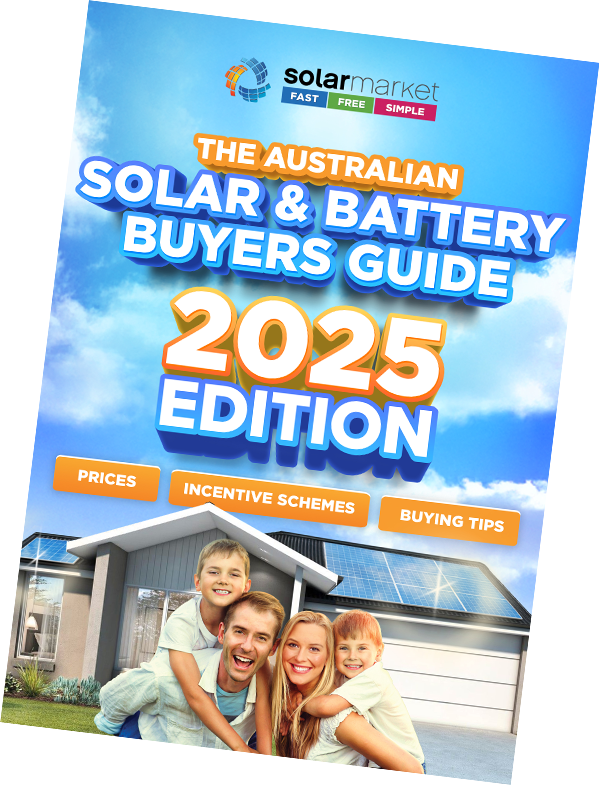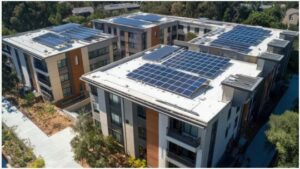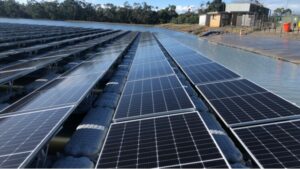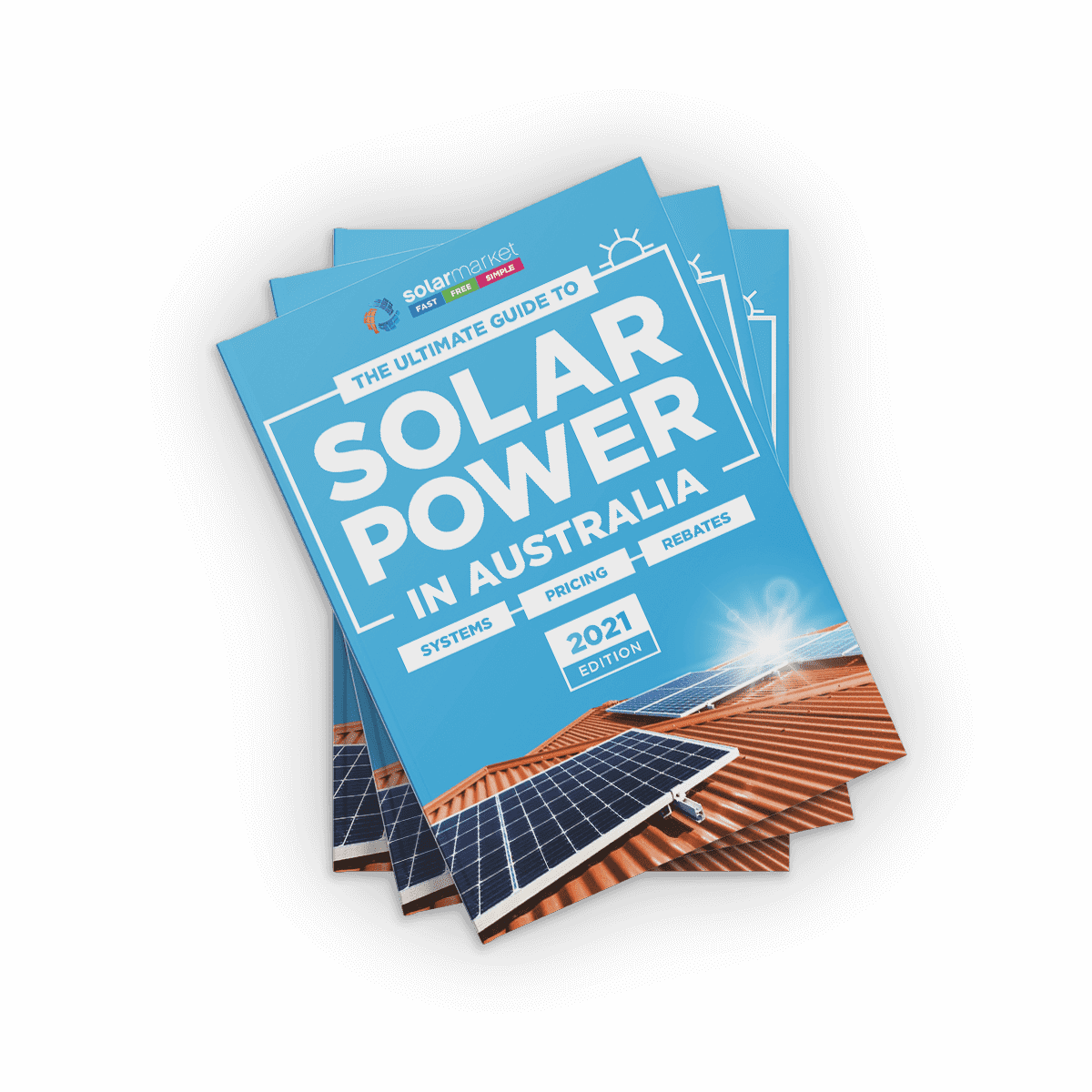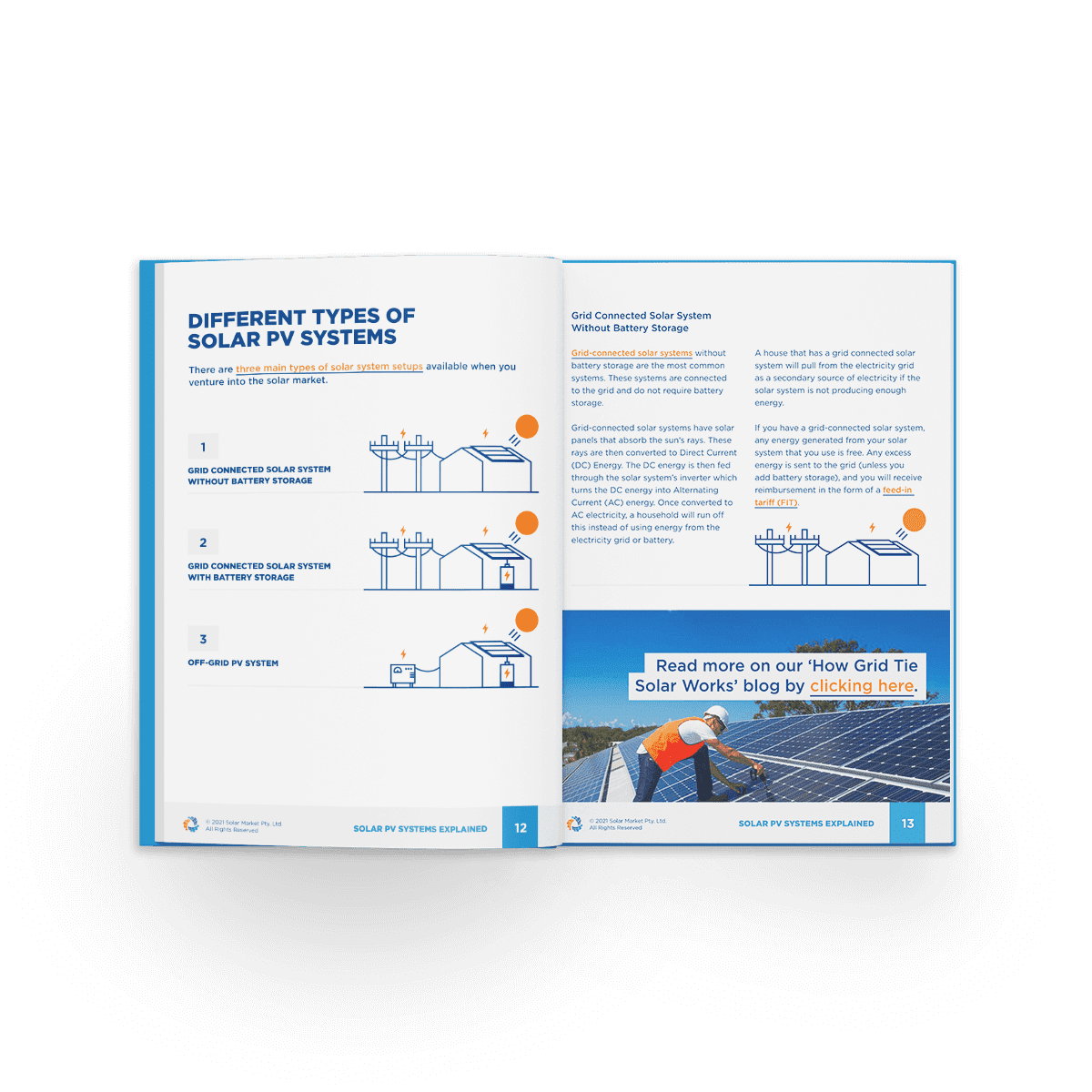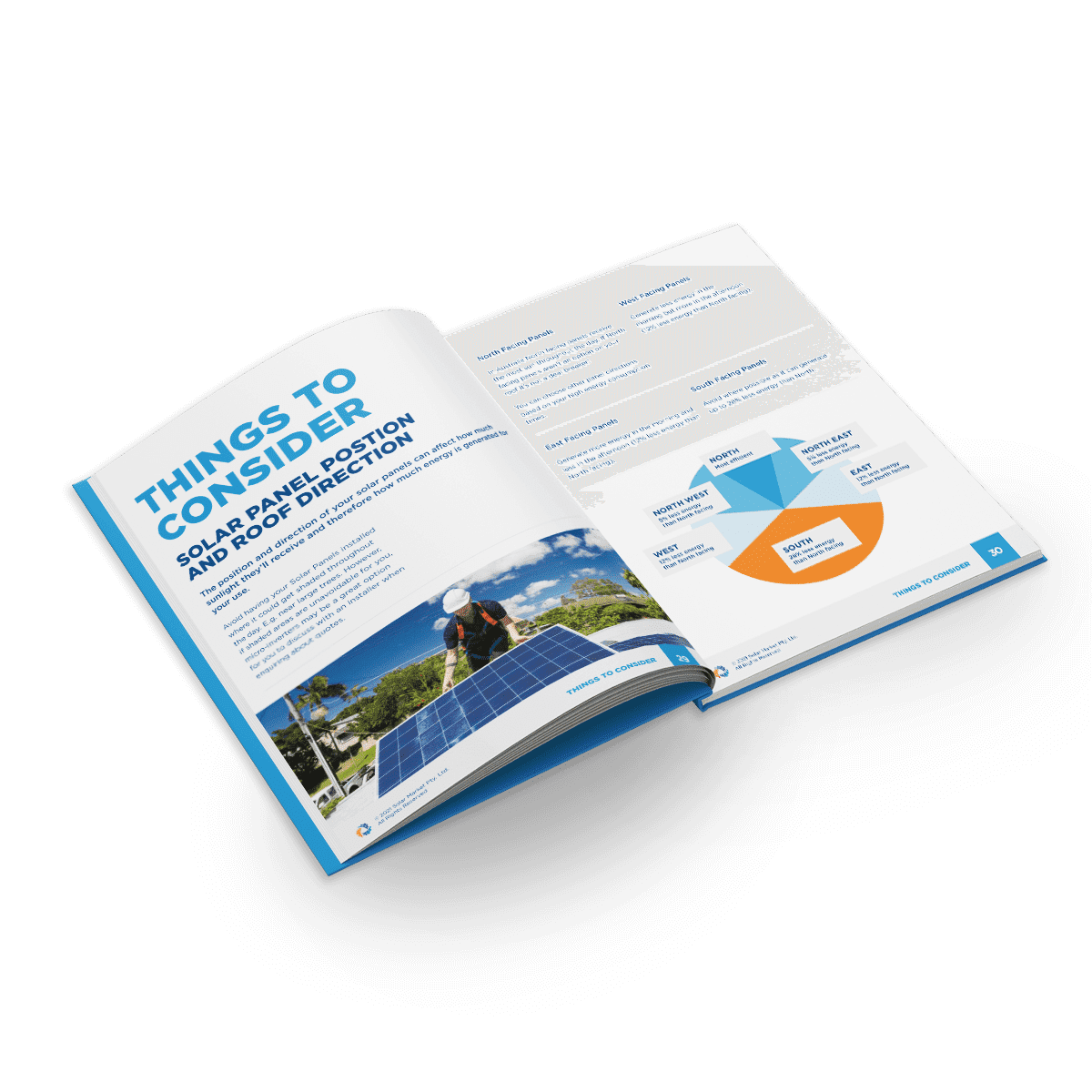Everyone talks about how solar panels are too expensive. But is it really? Although solar system prices have significantly dropped over the last few decades there are some that still see solar as just too expensive. But in reality, the scary four-digit price tag has incredible bang for buck when we look at elements such as return on investment, longevity and long-term savings.
So, Let’s Do A Break-Down Of Value!
Let’s say that you need a 6kW system to cover your electricity use (this is the standard Aussie household solar system size). (To find out your actual recommended system size check out our solar calculator).
If we say you had an electricity bill of $300 every quarter, you gain the following from purchasing a 6kWh solar system:
- A reduced energy bill from $300 to now approximately $6 dollars.
- The system pays for itself in 3.1 years.
- The system lasts 25 years and gives you 25 years’ worth of savings.
- Save $28,512 in electricity bills over 10 years.
The average cost of a 6kWh can be anywhere between $3470 – $10,990 depending on your area, rebates in your state, installer prices and product choices.
Now before you say Yikes at a potential 3-11k price tag let’s have a look at other popular products on the market for a similar price!
What Else Can You Get For The Same Price As A 6kWh Solar System?
- 16-inch Macbook Pro| $3799 RRP
- A purebred Pomeranian puppy| $4000 RRP
- A 4-year subscription to Adobe Premiere Pro| $4237.55 RRP
- A Sealy Posturepedic Elevate Heritage Mattress and Base (Super King) | $5999 RRP
- A secondhand Mazda 3 car | $7500 RRP
- A solitaire engagement ring A 1 carat TW diamond and 18ct white gold | $10,999 RRP
How To Get Bang For Your Buck?
We don’t blink an eye at buying laptops, beds, rings or pets so why do we draw the line at solar?
Unlike the majority of the above items, solar can increase savings, turn a profit and boost your home’s value. So, when investing in solar how can you get the best bang for your buck?
Choose the right system
By selecting a solar system size that is too small you can end up not covering enough of your electricity use and end up still having to draw predominantly from the grid.
If you select a system size that is too large you might find you aren’t using your systems full potential and your return on investment begins to dip.
If you are unsure of what system size you will need for your property, Solar Market has a nifty 2minute solar quiz to help you pick your perfect match.
Government rebates, subsidies and incentives
Because solar is a worthwhile investment the government also offers solar buyers attractive rebates, subsidies and incentives through their Small-scale Renewable Energy Scheme (SRES).
The larger the solar system the better the rebate! The average residential system currently receives up to $3700 in rebates.
Make the most of feed-in tariffs
Grid-connected solar PV systems can feed excess solar energy generated back to the grid. When this occurs the energy retailer buys this excess electricity at a feed-in tariff rate. The feed-in tariff rate is then received as a credit on your next electricity bill. Feed-in tariff rates differ per state and energy provider.
So, if you are only using the solar energy you generate and are exporting excess energy to the grid as well you can actually earn money off the feed-in tariff incentive.
Quality installers
One of the best ways to get the most out of your solar selection is to talk and compare quotes from quality solar installers.
Solar installers can give you the best recommendations, connect you with the latest products and cover you for long term maintenance or warranty.
By requesting 3 free no-obligation quotes, Solar Market can connect you with 3 accredited solar installers in your area so you can find the best deal!





